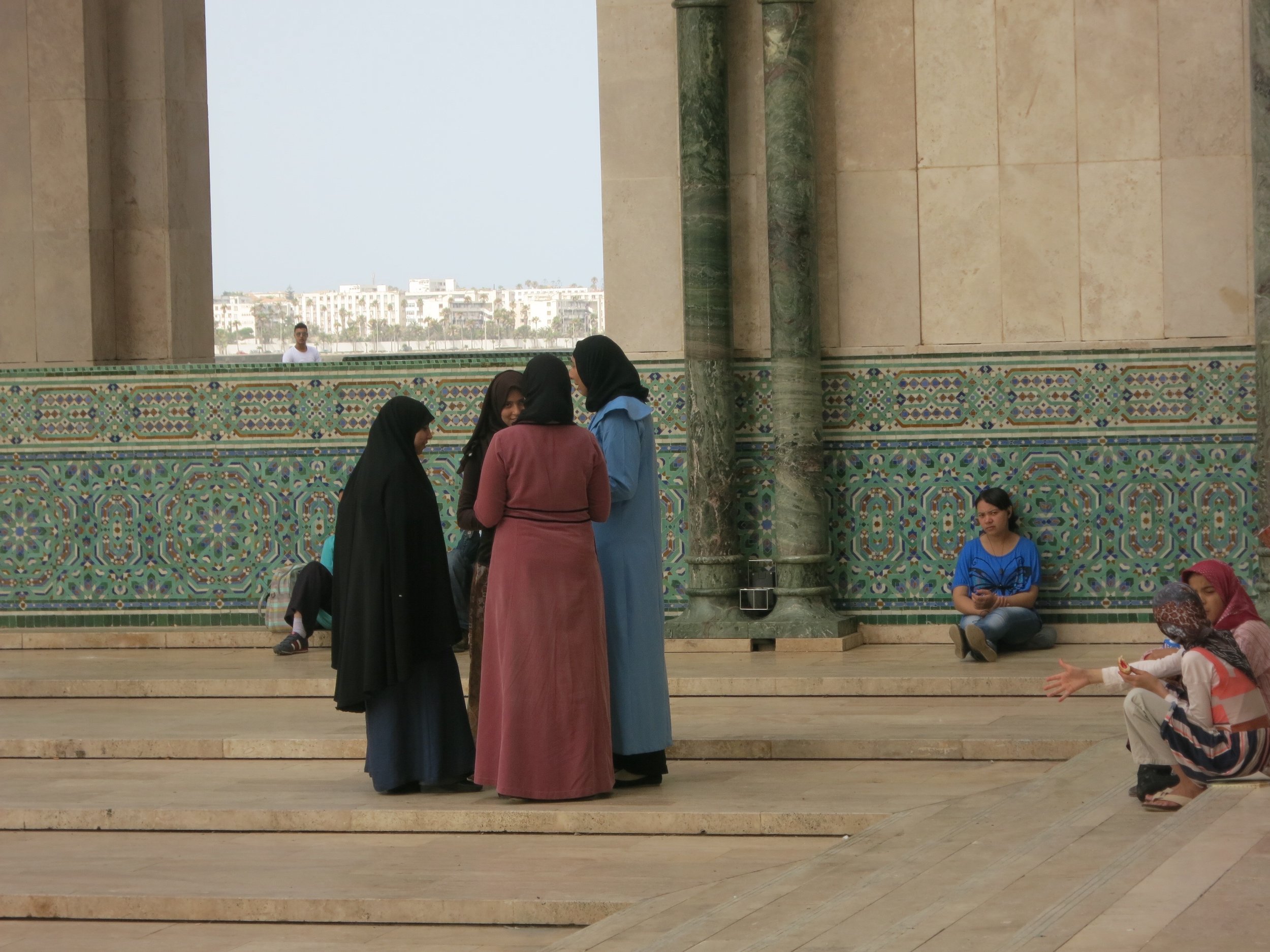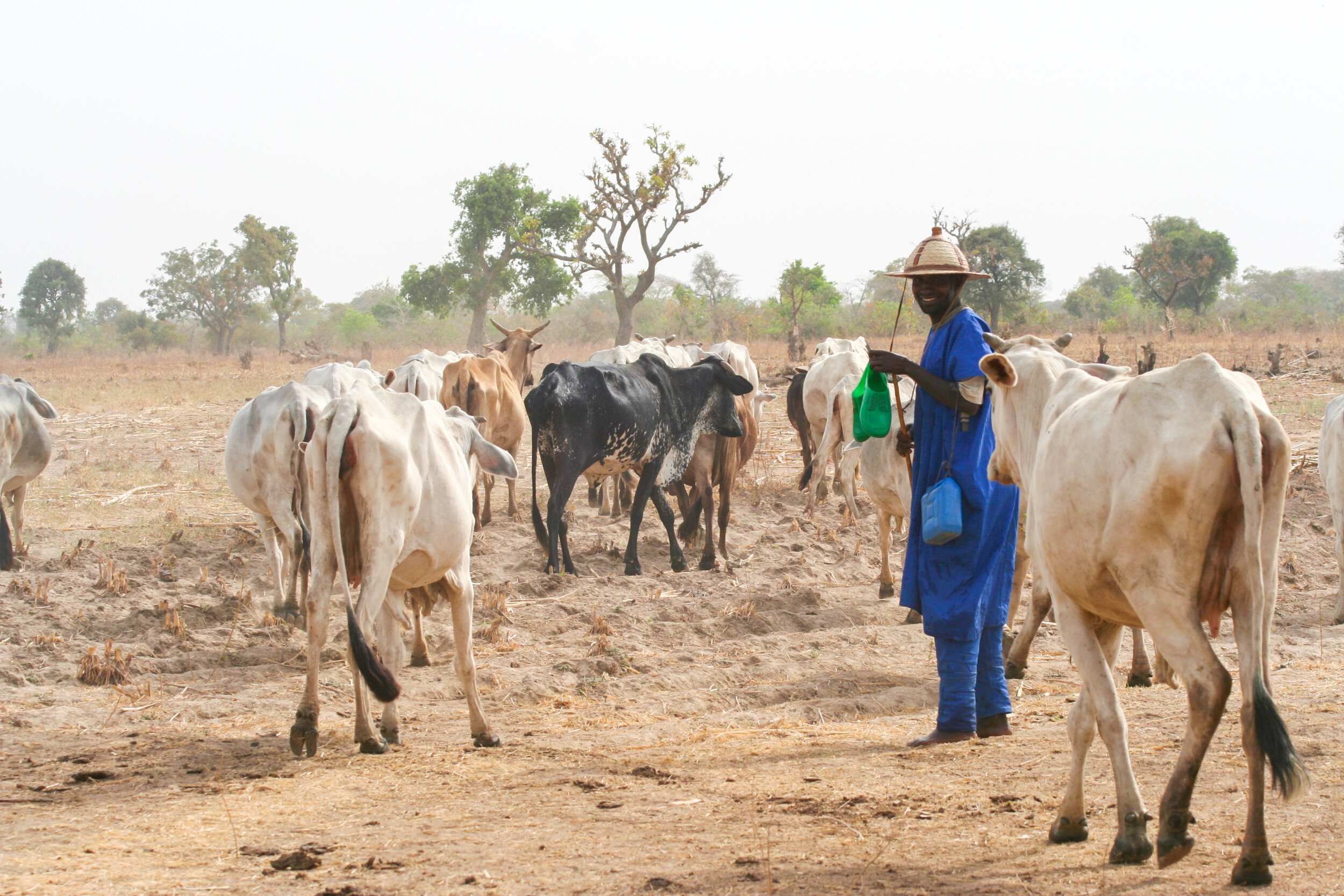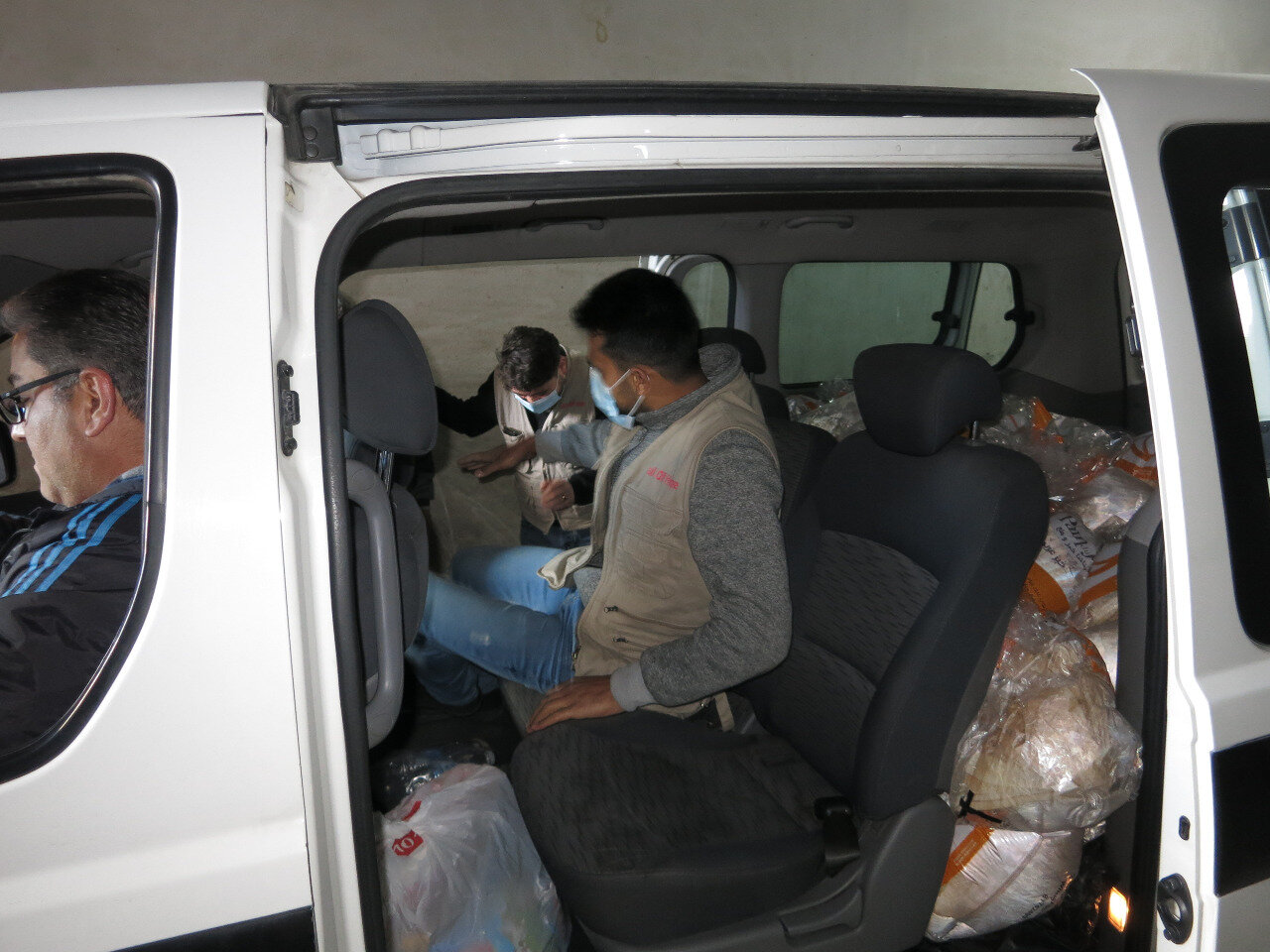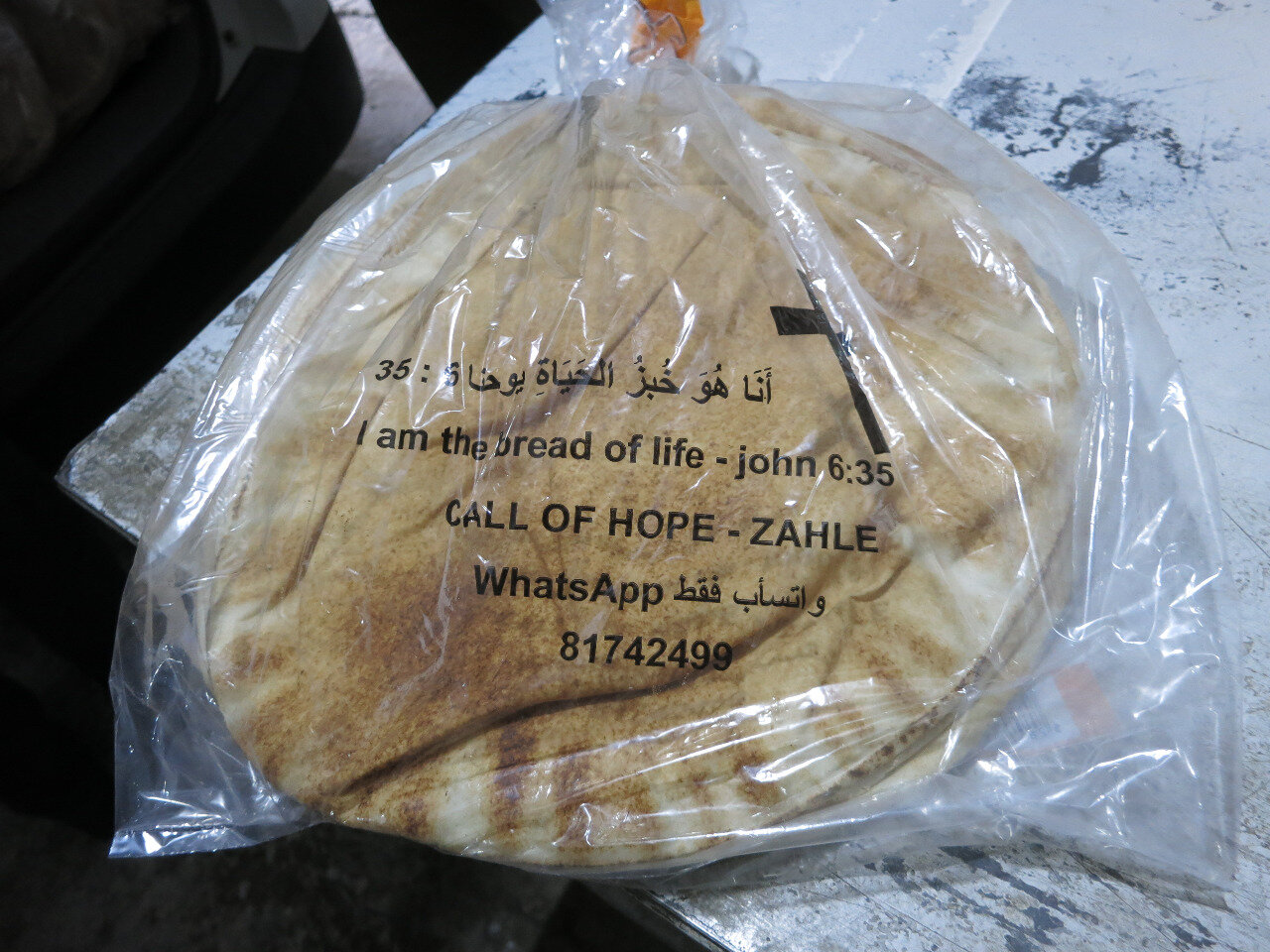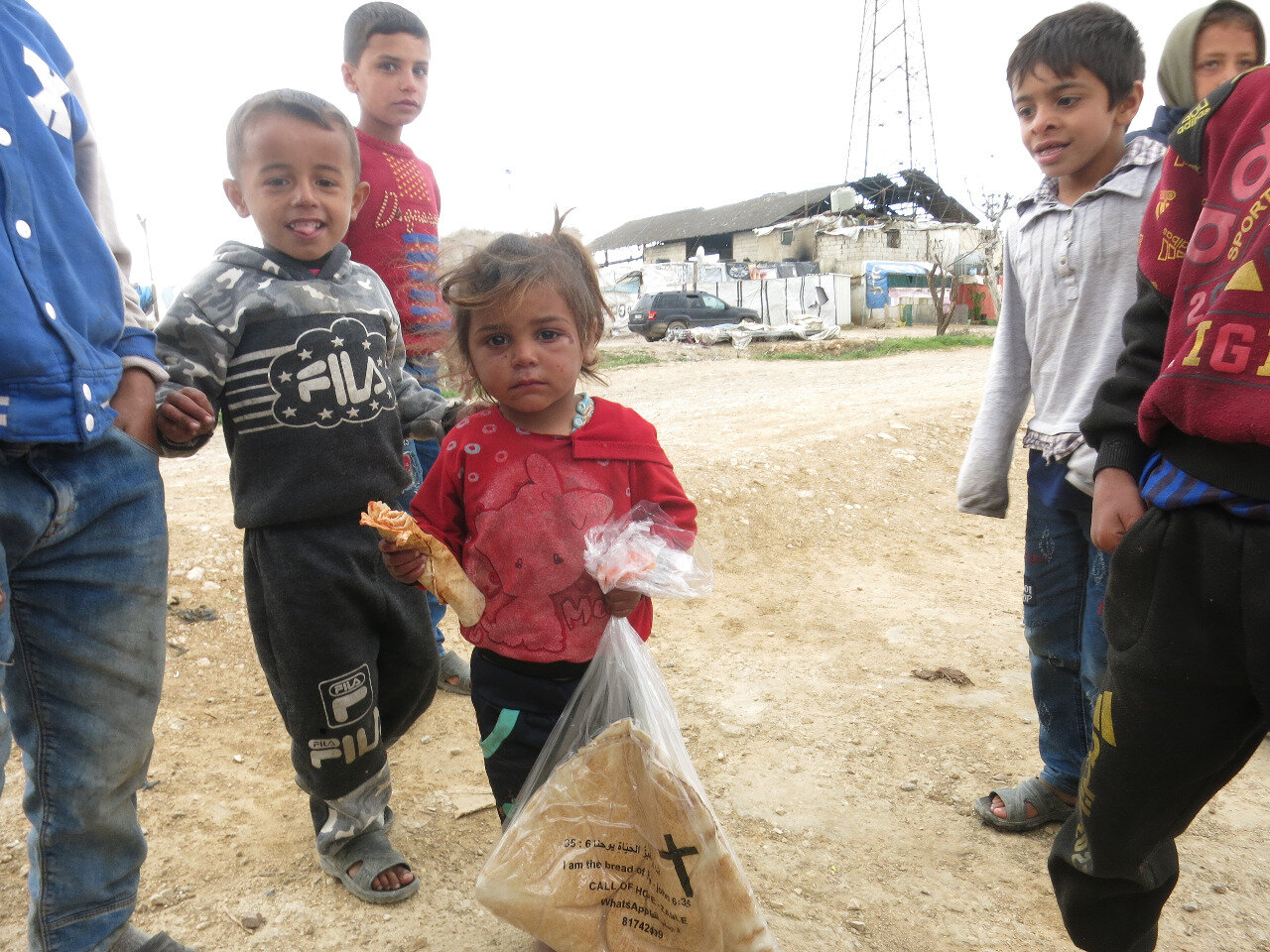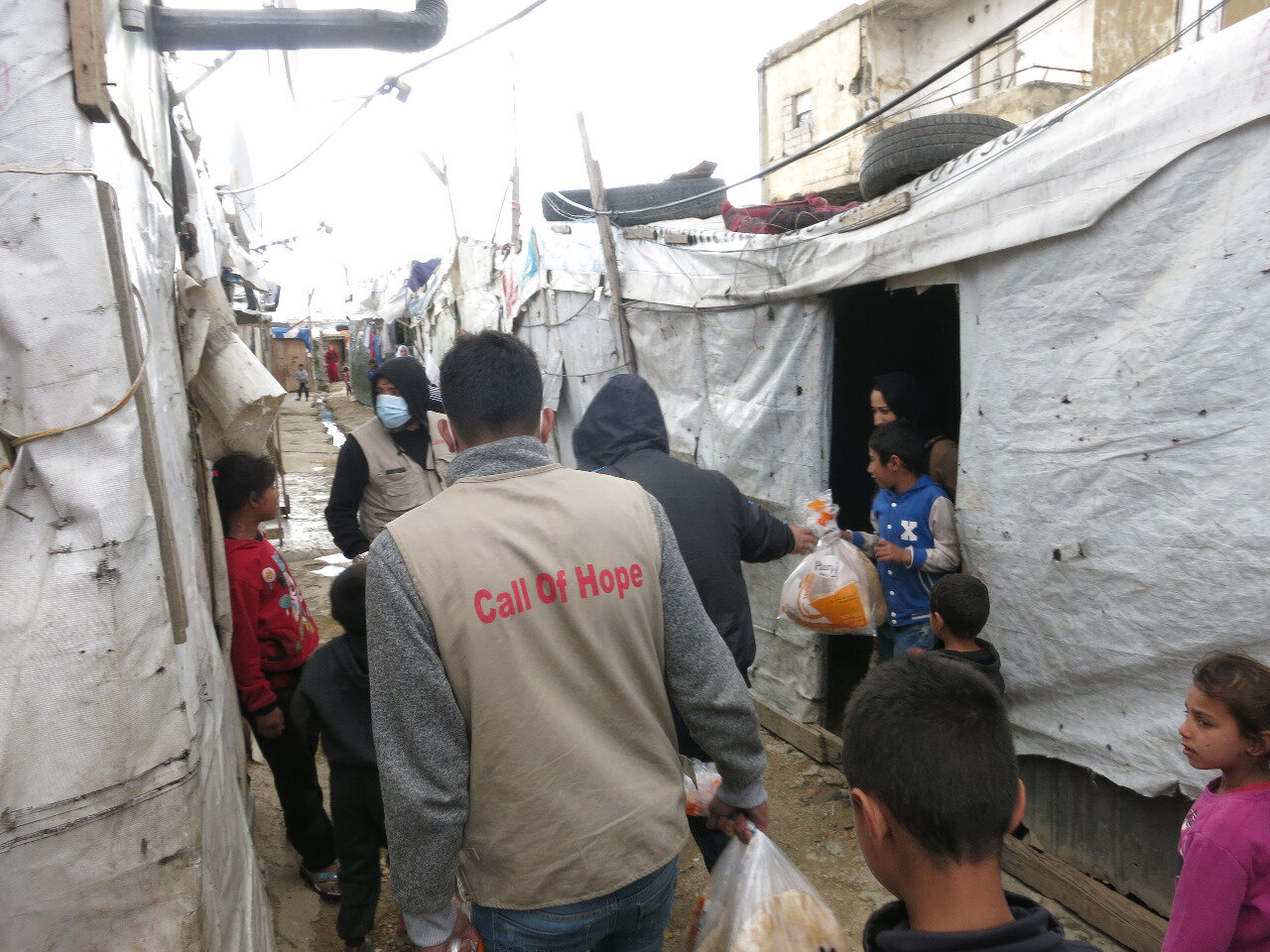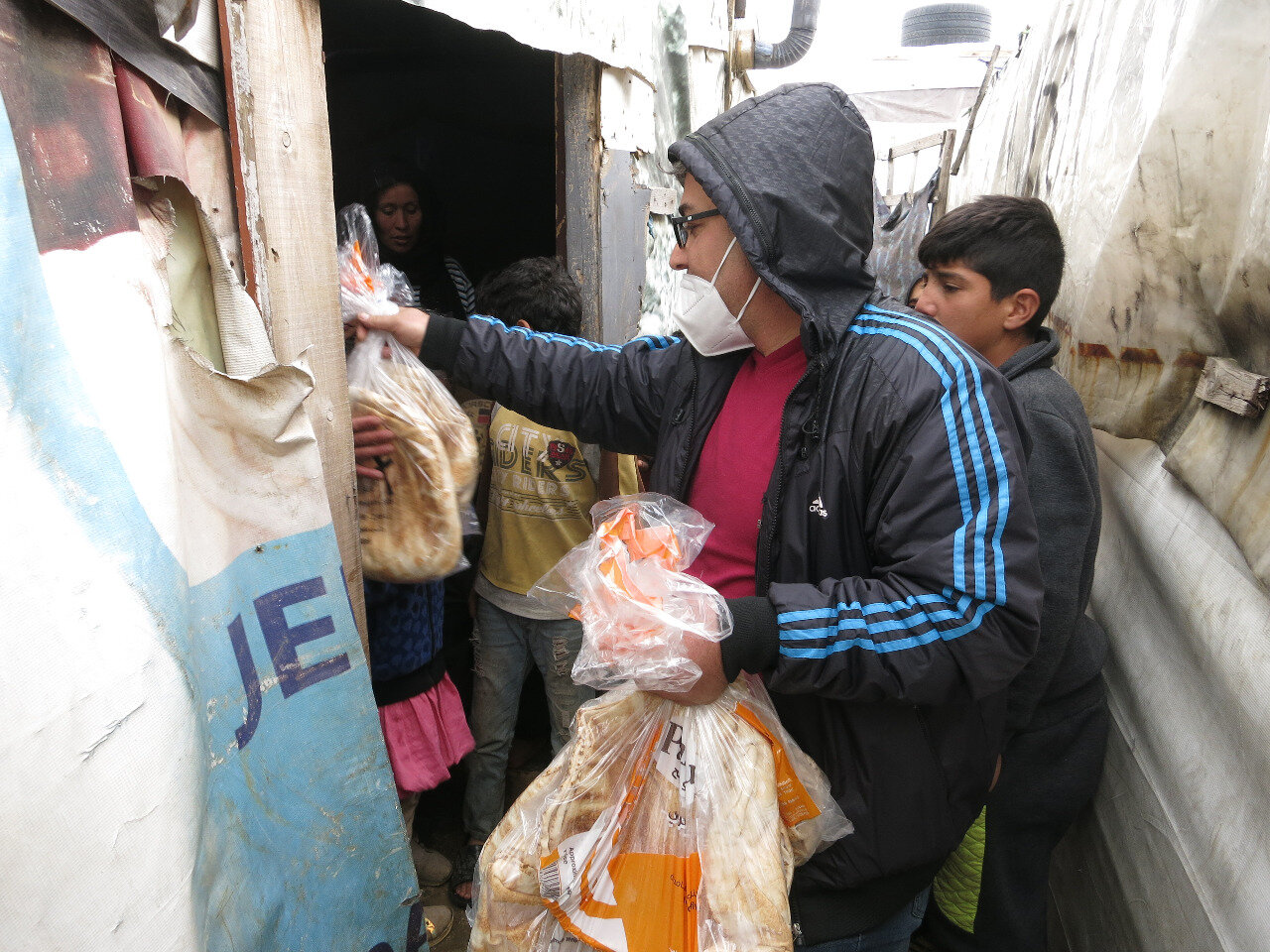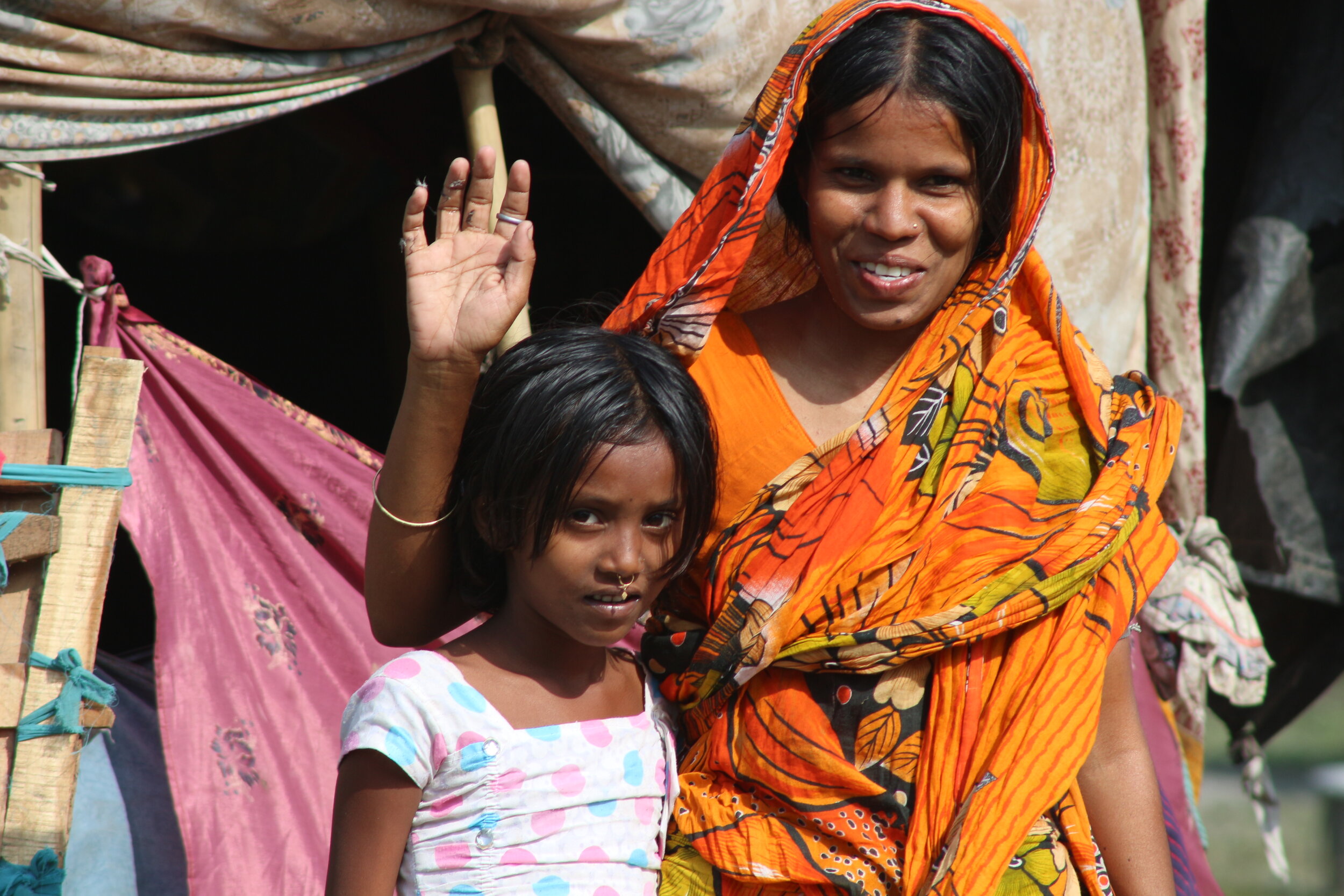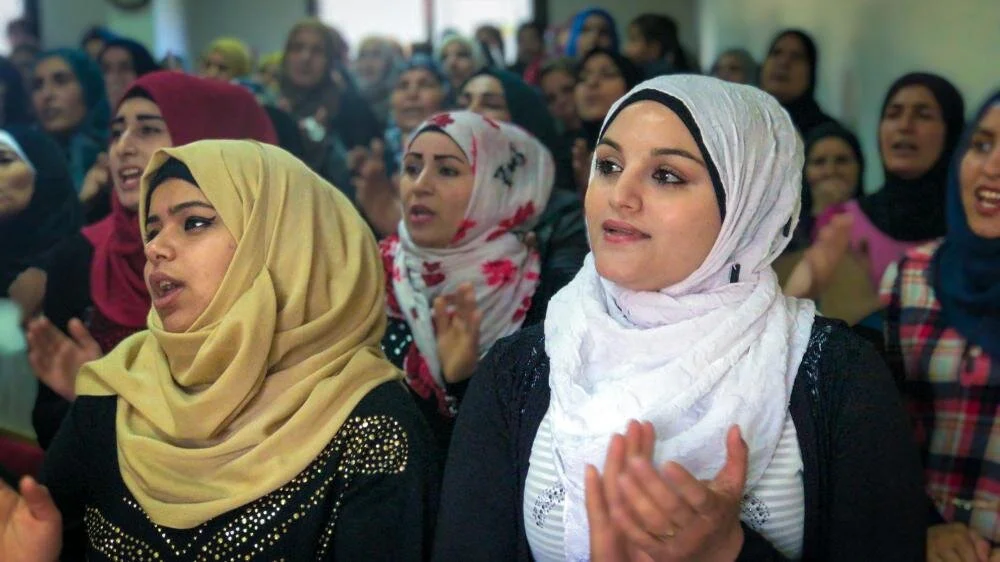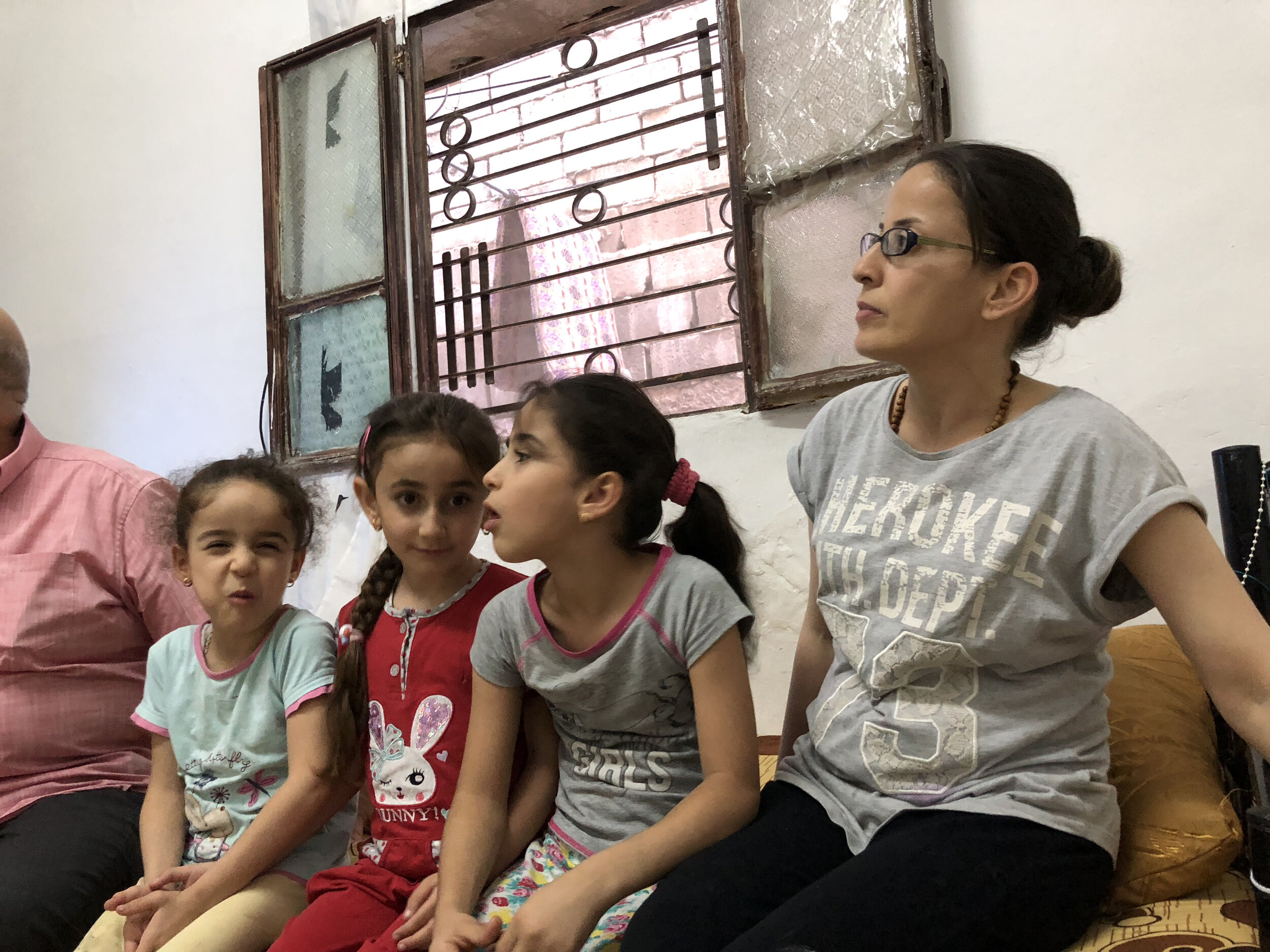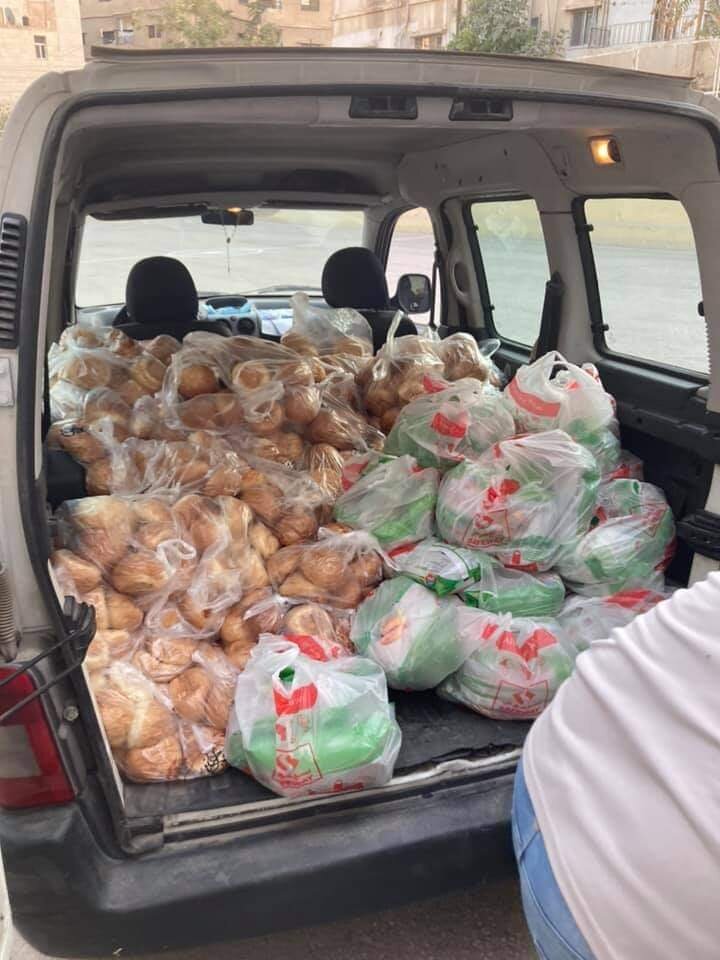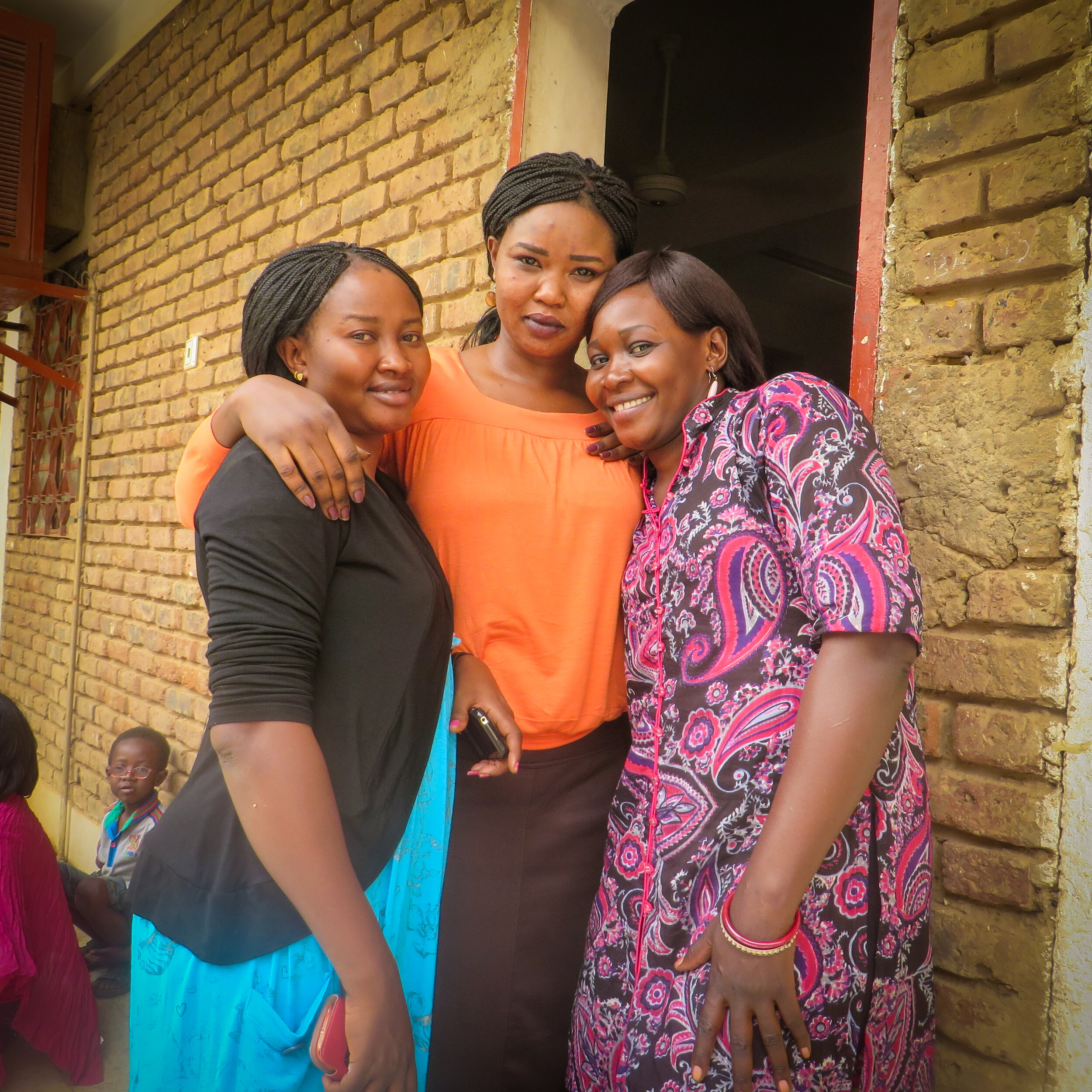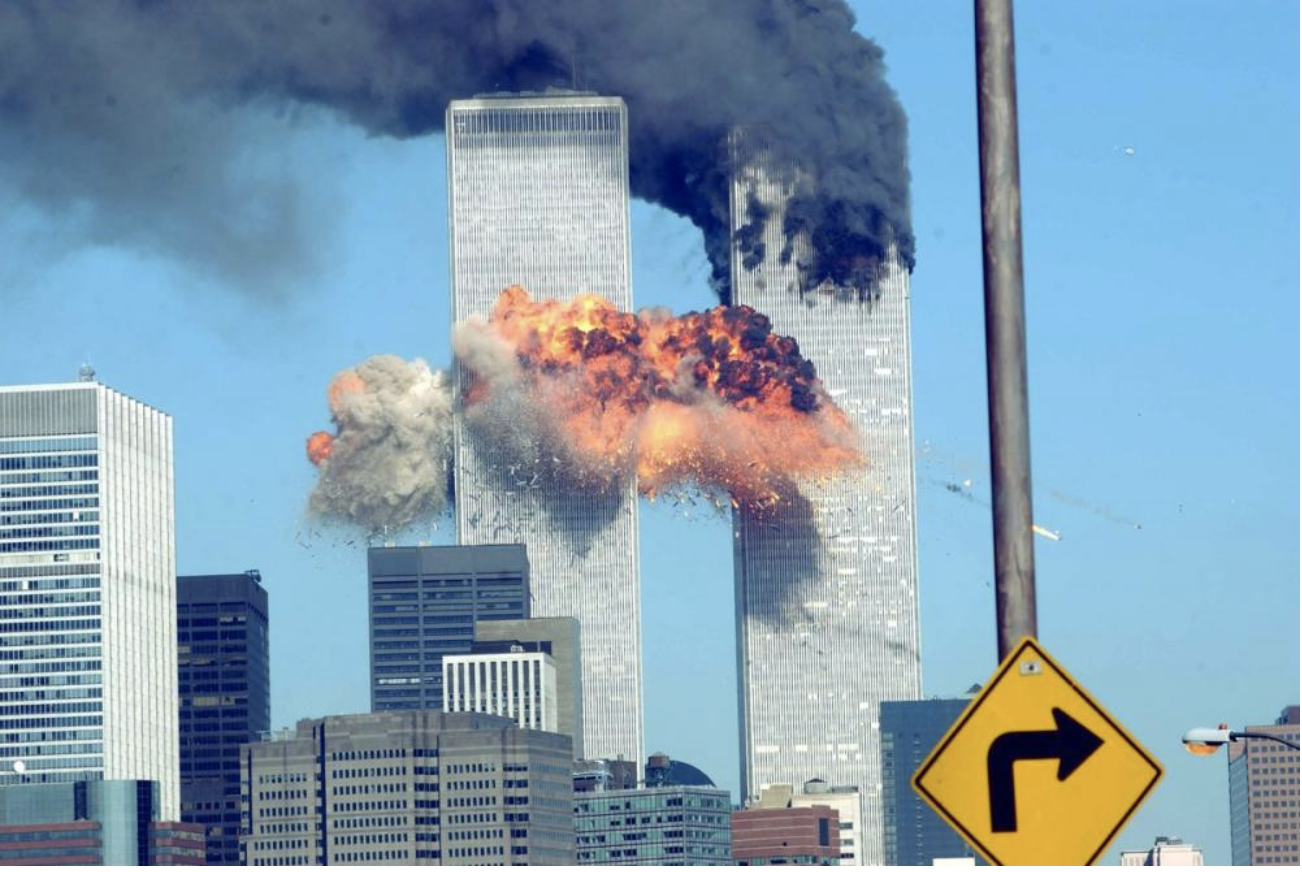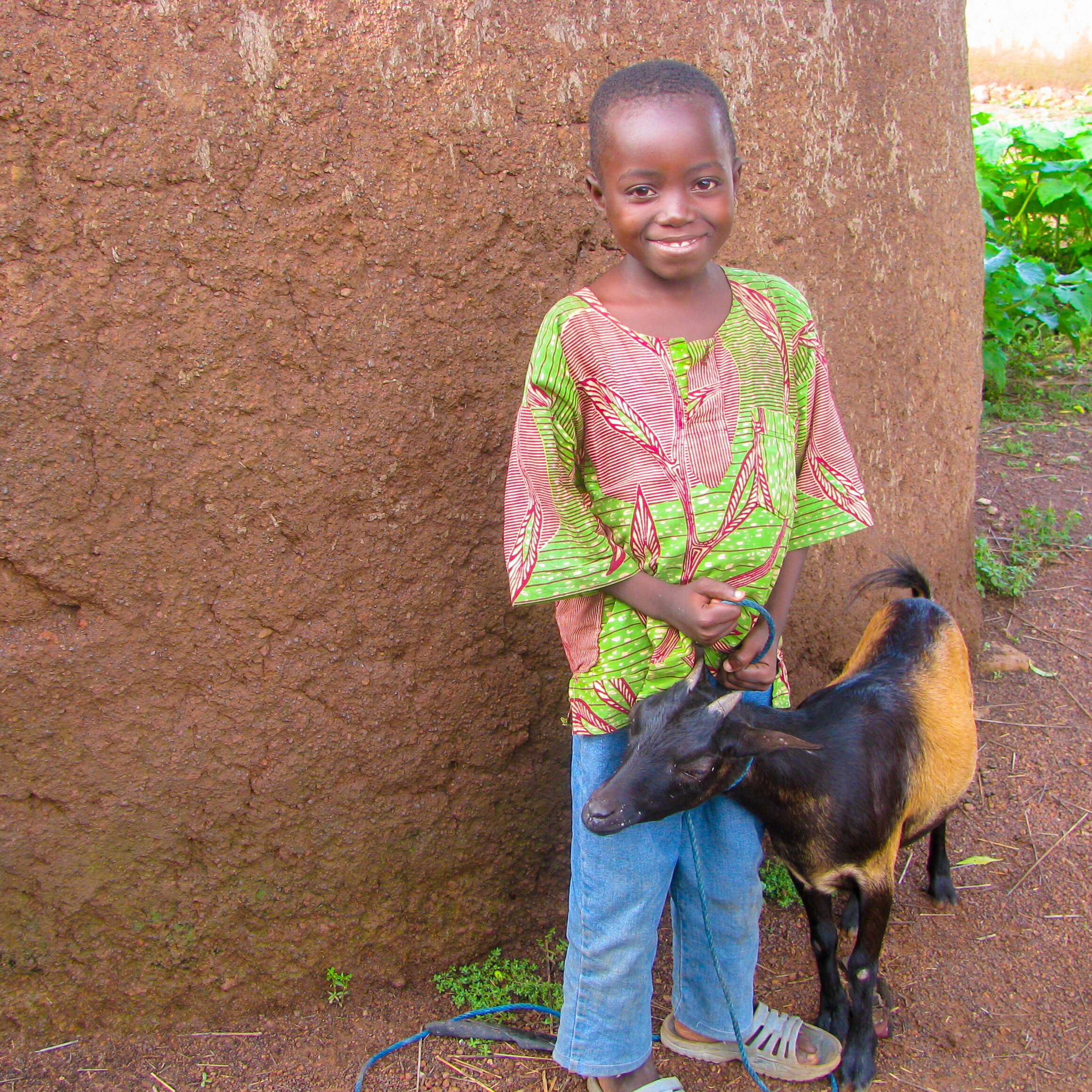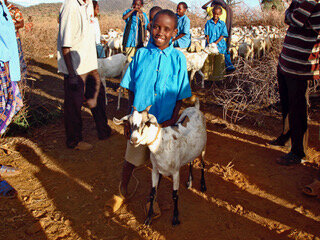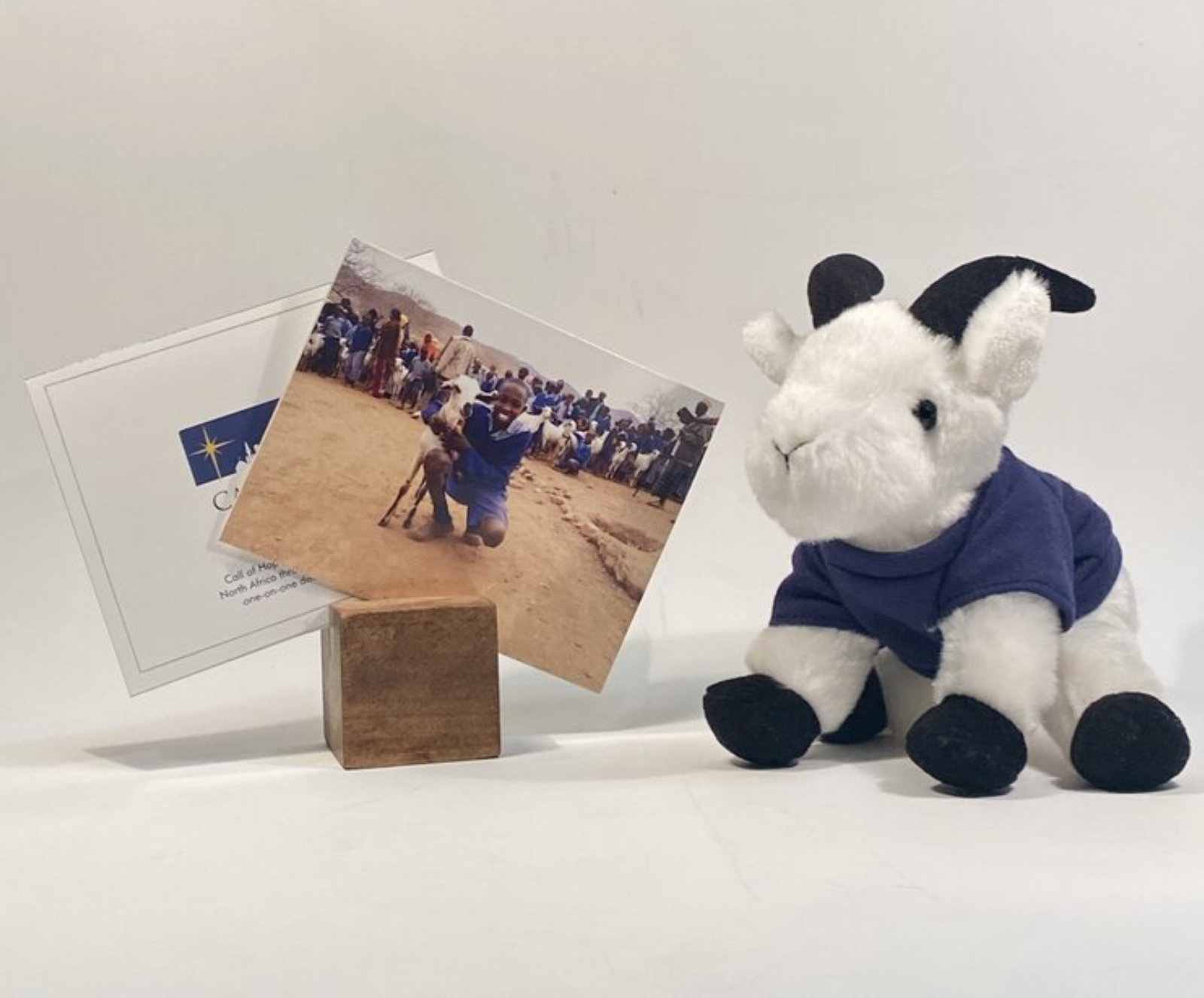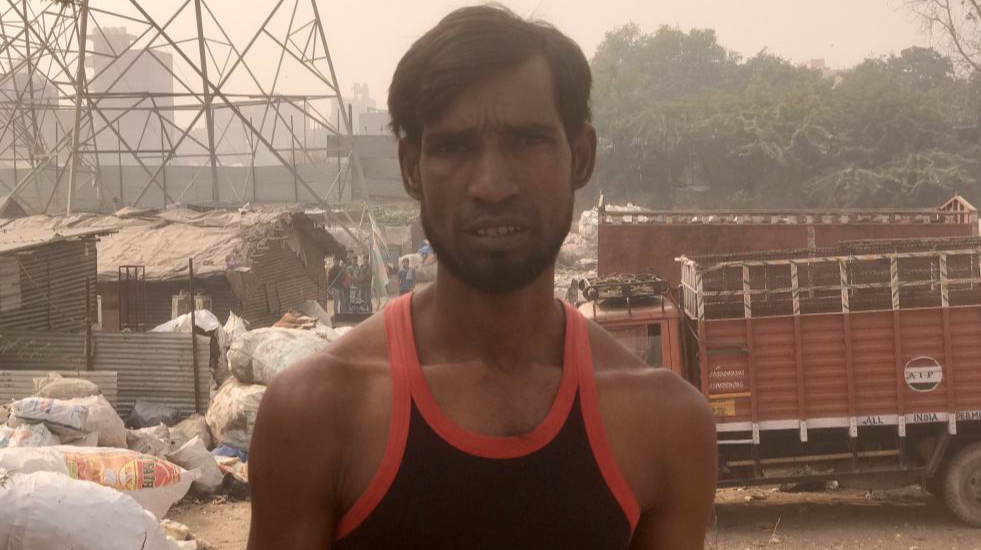Have you ever wondered what life is like for women in Muslim countries? What is it like to wear a veil in public? How can they stand being treated like second-class citizens, or even property? Why can their husbands beat them without repercussions for any reason?
In order to fully understand how the women of Islam are treated, all one would need to do is glance at Sharia Law, the legal framework laid out in the Quran that governs many Muslim communities. As difficult as life is for women in Muslim society, the situation is far worse for former Muslim women who have converted to Christianity.
Jesus warns us in Mathew 5:11 that His followers may face persecution, and there is no better example of this than Christian women in Muslim society. Culturally, a Christian woman is considered to be the lowest of the low in these communities. Under the threat of danger and persecution, as well as the sting of rejection from family and friends, these women are hurting. Alone and afraid, many women converts wonder where to turn. In response to their cry for help, God is moving in miraculous ways!
Through prayer and support from the global Christian church, many of these women converts have undergone a total transformation. In one instance, Yasmine, a young Muslim woman from North Africa heard the message of the Gospel from the ministry of Call of Hope, she recalls:
"As you spoke in my own language, I was able to understand your message clearly. I understood that since the beginning we are sinful and that we are in need for forgiveness. I understood that only God can clean our sins and not as I thought in Islam through good deeds, prayer, and fasting."
Across the Muslim world, women like Yasmine are coming to know Jesus - but after converting to Christianity, life can become much more difficult. Former Muslims who have converted to Christianity have made this decision knowing the dangers they will face. Unlike the religious freedoms that are enjoyed in the west, these Christian converts are risking their own lives as well as the lives of loved ones for the sake of the Cross.
In order to support these courageous women, Call of Hope has created training centers throughout the Muslim world. Through these centers women are provided Biblical teaching, Spiritual counsel and guidance, training on how to evangelize their Muslim friends and neighbors, and often equipped with life skills like sewing, cooking and food production. Most importantly though they are strengthen and encouraged in their faith.
Women who once had nowhere to turn are now able to grow spiritually as they receive Biblical training. In turn, many of them lead other women to Christ! Call of Hope also connects these women to local house churches so that they can receive the ongoing support they need going forward.
Through the power of Jesus, former Muslim women are going from convert, to Christian evangelist as they fearlessly spread the Gospel message to their neighbors in the Muslim world.
Please consider giving a gift today to support these women!






